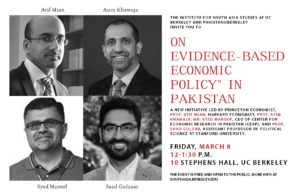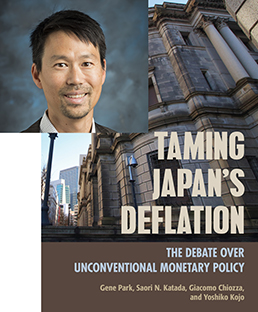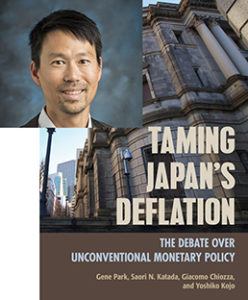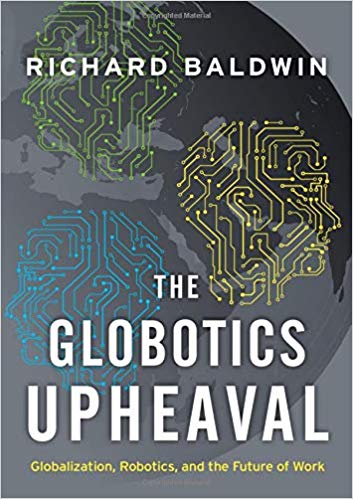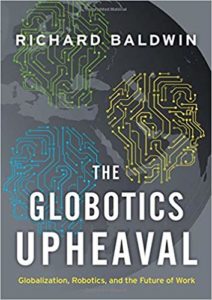
Call for Papers: Conference on Macroeconomic Implications of Trade Policies and Trade Shocks
Sponsored by the Clausen Center for International Business and Policy at Berkeley and the Peterson Institute for International Economics University of California, Berkeley, February 13-14, 2020
Call for Papers
The last two decades of rapidly shifting comparative advantage have been associated with economic and social dislocations and trade policy tensions. Those factors played a central role in the election of Donald Trump to the U.S. presidency, who followed through on threats of aggressive trade actions against America’s trade partners. Because both major U.S. political parties now embrace trade skepticism, more belligerent international trade policies and the accompanying trade disputes are likely to remain a feature of the global scene even under future presidents.
Much of the trade-skeptic agenda comes from a desire to shift macroeconomic outcomes – whether labor-market outcomes, trade deficits, or overall economic growth. It is therefore critical for policymakers to have a firm grasp on the macro implications of trade policies. The academic literature on that subject has lagged behind modern modeling advances in other areas of economics, perhaps because those advances occurred in a period when a rules-based international trading system largely kept trade hostilities in check. Policymakers intervening to offset supposed effects of trade would also benefit from a better understanding of how the forces of globalization (as opposed to other economic trends) have shaped economic outcomes.
This conference aims to update the analytical framework for analyzing trade policies and trade shocks to encompass modern developments in macro modeling and in trade theory. The goal is to encourage people to write papers that are compatible with the basic requirements in both the trade and macro literatures and allow economists to provide quantitative answers to questions about the short- and long-run impacts of trade policies and shocks on the trade balance, employment, real wages, income distribution, growth, and welfare.
To that end, we welcome submissions across a range of topics that include but are not restricted to theoretical and empirical studies on:
- The effects of trade shocks on
- labor-market dynamics
- income distribution
- external imbalances and growth
- exchange rates
- direct investment flows and production location
- The rising importance and implications of global value chains.
- The appropriate macro policies to deal with trade shocks.
- The links between trade deficits and labor market outcomes.
- The role of bilateral imbalances and the economic costs of trade diversion in response to tariffs.
- The dynamics of trade warfare.
- The possible emergence of regional trading blocs.
- Macro impacts of quotas and other quantitative trade restrictions.
- Impact and longer-run effects of Brexit.
- Trade and investment effects of potential tax reforms.
- The linkages between global trade volume and global growth.
- The effects of trade policy uncertainty
Papers that integrate some aspect of trade in a macro framework will have priority. Proposals should be no more than 300 words in length and should give a clear account of the question(s) to be addressed and the analytical and/or empirical methodology, although they may be accompanied by draft papers.
Please send all proposals to:
- Marcus Noland (mnoland@piie.com)
- Maurice Obstfeld (obstfeld@berkeley.edu; mobstfeld@piie.com)
- Andrés Rodríguez-Clare (arc@berkeley.edu)
The deadline for receipt of proposals is September 12, 2019.







